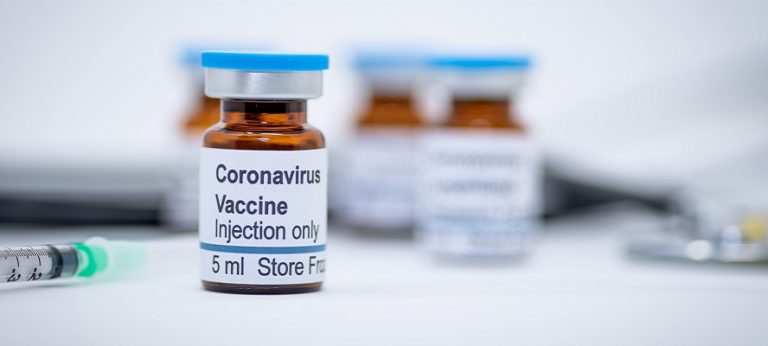covid 19 vaccine update

As more and more nations and leaders around the world try and keep spread of growth of corona virus in their respective countries, try to minimize fatalities, ramp up health care infrastructure for the long battle ahead, work around reopening of the economic activity and hope that the vaccine discovery to eliminate the covid 19 happens in record time (The fastest vaccine discovery in the medical history took place in year 1967 after 5 years of research by Merck & is today known as mumps vaccine)
1st AIDS case was reported in the year 1980 and with multiple drug trials & discoveries, till date no vaccine has been found to Treat HIV
So how soon the vaccination can be found to end the corona virus menace ??
At A recent virtual round table discussion attended by world’s most renowned virologist, vaccine researcher, oncologist, biotech scientist and A former head of FDA USA
The earliest you can expect the vaccine to come would be between 12-18 months away and if that happens would be an absolute miracle but it would come for sure in year and a half from now can’t be guaranteed
Dr Dan Barouch, Professor of Medicine at The HArvard University & Director Center for Virology + Vaccine Research at Beth Israel Deaconess Medical Center in Boston shares that they’ve collaborated with Johnson & Johnson and working on below two models to discover A vaccine for Sars Covid 19
- The first stage requires working on A recombinant adenovirus vector, a common/cold virus that’s been altered to make it harmless — to shuttle the spike protein into cells. That is an efficient way of inducing potent immune responses to a pathogen and elicits durable immune responses as well
and trying to address 2 major scientific questions related to the development of vaccine
First, is there evidence that natural immunity induced by infection protects against a subsequent encounter with the virus? And secondly which vaccines to test and how effective any of these will be
In the first experiment, nine monkeys were infected with SARS-CoV-2 in nose and lungs. All the animals developed a viral pneumonia, which was similar to human disease, except the monkey disease was mild and all animals recovered. Thirty-five days later, the monkeys were re-exposed to the virus — and it was found that all the animals were protected. There was no virus or very low levels of the virus in the lungs. This is an important question because, historically, it has proved much easier to develop vaccines when there is natural protective immunity against the virus.
In the second study, “naked DNA” vaccines — ones without any delivery vehicles were developed and the idea was for the researchers to learn a lot about the immune responses needed to protect against this virus.
In this six different versions of the spike-protein gene were developed — some encoding with small pieces and other with the full protein. Twenty-five monkeys were administered these vaccines & 10 received just saline as a control. Each monkey received two vaccine shots. Six weeks after the first shot, they were exposed to the virus, and we found that vaccinated animals were protected from SARS-CoV-2. Eight of the 25 animals had no virus detected after exposure, and the remaining animals showed low levels of the virus. Most important, the level of antibodies induced by the vaccine correlated with the level of protection, and this biomarker may therefore be extremely useful to understand and monitor vaccine studies going ahead
This is what George Yancopoulos co-founder, president & chief scientific officer of Regeneron has to say about the approach that needs to be adopted till the time the vaccine discovery is completed
With all the challenges regarding testing, developing, manufacturing & fixing supply chain for distribution around the globe for a safe and effective vaccine — no matter how much effort thousands of scientists & medical companies put solving this puzzle— the whole process could still take years or even longer. This is why it’s important to have parallel efforts going to try & take this challenge head on against this pandemic. If we don’t have a safe and effective vaccine for one to two years, or even longer, we need to develop other treatments as a bridge to a vaccine — to allow society to have a path toward reopening and functioning



